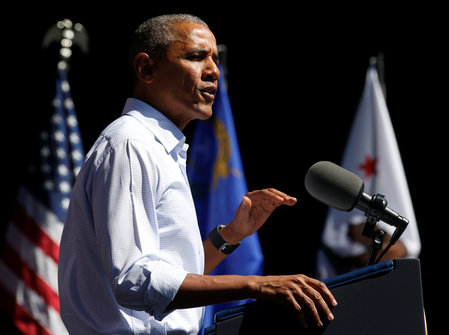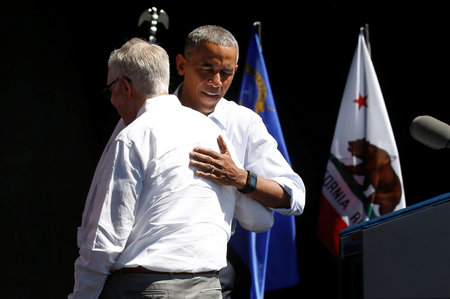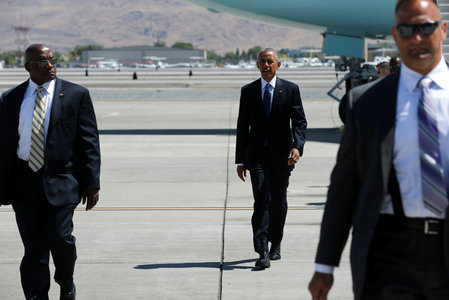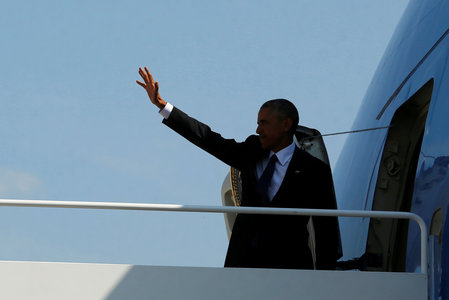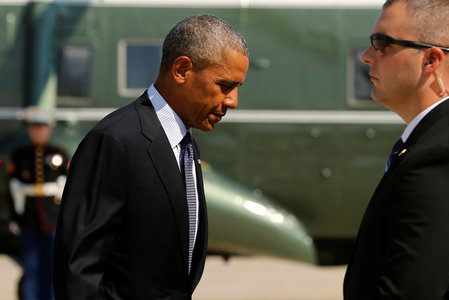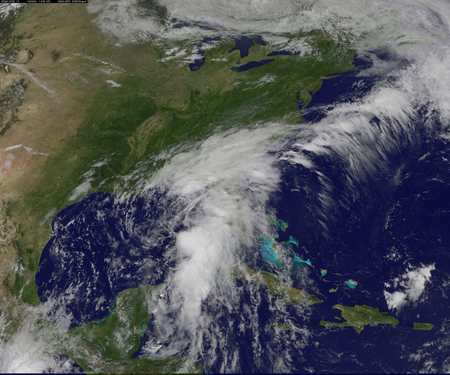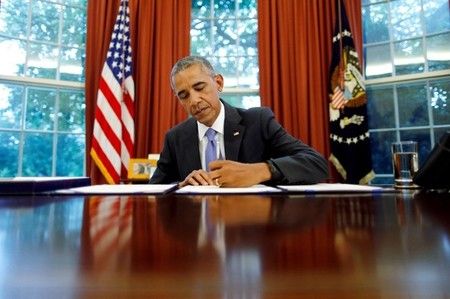Advertisement
Obama highlights climate progress at home before journey overseas
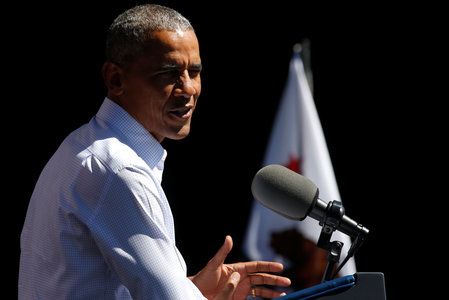
By Roberta Rampton
HONOLULU (Reuters) – Preserving natural places will help the world adapt to warming temperatures, U.S. President Barack Obama said on Wednesday as he began a 10-day trip to stress the urgency of curbing climate change and attend a G20 meeting in China.
“No nation, not even one as powerful as the United States, is immune from a changing climate,” Obama said after landing in Hawaii, the Pacific island state where he grew up.
Obama, who is racing to cement his legacy on climate change before his presidency ends on Jan. 20, will make a rare visit to Midway Atoll on Thursday, deep inside the Papahānaumokuākea Marine National Monument where he expanded protections last week.
The tour leads up to a meeting in China on Saturday with Chinese President Xi Jinping, who is hosting the G20 group of leading economies.
Obama and Xi worked together in Paris last year to secure a global deal to cut carbon emissions and are expected to take the next steps soon to help bring that agreement into force.
Native Hawaiian student Narrissa Spies said she hoped Obama’s trip to Midway would inspire him. Spies, 34, went there in 2010 on a “life-changing” marine studies visit.
“I saw what my ancestors must have seen on the main Hawaiian Islands 200 years ago,” said Spies, a PhD candidate now studying coral resistant to stresses like warming water.
Earlier on Wednesday, Obama stopped in to a summit about the health of Lake Tahoe, the deep alpine lake in the Sierra Nevada mountains on the Nevada-California border whose average surface temperature reached an all-time recorded high last year.
“The challenges of conservation and combating climate change are connected, they’re linked,” said Obama, who was interrupted by protesters yelling: “Keep it in the ground,” a campaign to limit fossil fuel production.
Green groups have urged Obama not to rest on his laurels. The U.S. Supreme Court put his plan to slash carbon emissions from power plants on hold earlier this year.
“We’re hoping that he will actually withdraw the Arctic from his five-year plan on offshore drilling, like he did with the Atlantic, because it’s an even worse place to drill,” said marine biologist Jackie Savitz of the Oceana conservation group.
(Additional reporting by Timothy Gardner, David Morgan and Jeff Mason; Editing by Peter Cooney and Paul Tait)


